
Elections play a crucial role in a country’s socio-economic and political development, serving as a democratic mechanism to elect leaders capable of steering a nation forward.
Poorly managed elections can have devastating consequences, leading to the selection of unfit leaders and negatively impacting governance. In Ghana, elections are overseen by an “independent” Electoral Commission (EC).
However, the Electoral Commissioner and the deputies are appointed by the executive branch, raising concerns about their autonomy. Given the crucial role of elections, it is essential that the EC operates independently, free from government influence, to ensure credible and unbiased electoral outcomes.
Yet, in recent years, the EC’s independence has been questioned. For example, the results of the 2020 presidential election were rejected by the opposition party, the National Democratic Congress (NDC).
The NDC alleged that the results had been tampered with, favoring the ruling New Patriotic Party (NPP). This belief was based on the NPP’s perceived abysmal performance during its term from 2016 to 2020, marked by economic struggles, high inflation, corruption, human rights abuses, alleged scandalous deals, and environmental crises.
The NDC strongly believed that, given these failures, the election should have resulted in their victory. The NDC’s presidential candidate, John Dramani Mahama, filed a petition with the Supreme Court challenging the election results. The court dismissed the petition, affirming the Electoral Commission’s declaration of Nana Akufo-Addo as the winner.
However, the NDC continues to press for comprehensive electoral reforms, citing irregularities and disenfranchisement during the election. They have called for greater transparency in the vote collation process, the adoption of technology in voting, and the EC’s independence from perceived government interference.
Jean Mensa, the EC chairperson, has been at the center of these controversies. The NDC has accused her of bias toward the NPP, particularly in decisions such as compiling a new voters’ register before the 2020 elections, which the NDC claimed was politically motivated.
Allegations of voter intimidation and militarization, particularly in opposition strongholds, have also been a source of tension.
As Ghana approaches another crucial presidential and parliamentary elections in December 2024, similar issues between the NDC and the EC have re-emerged. Proposed changes to the electoral process, including electronic voting and the compilation of another new voters’ register, have drawn criticism from the NDC, which argues that these decisions are made without adequate consultation. The party fears these changes may again favor the ruling party, deepening mistrust in the EC.
These ongoing squabbles underscore a broader problem: the lack of trust in the EC’s ability to conduct fair elections. The NDC’s skepticism, deeply rooted in past experiences, reflects wider concerns about partisanship within the EC. This mistrust risks further polarizing the political landscape and escalating tensions, as seen during the violence of the 2020 elections. In a democratic nation like Ghana, it is troubling that the EC is viewed with suspicion.
While past administrations of the EC have faced their share of criticisms, the intensity of the current criticisms directed at Jean Mensa’s leadership raises serious concerns about the future of free, fair, and transparent elections in Ghana. As Abraham Lincoln famously defined democracy, it is a “government of the people, by the people, and for the people,” emphasizing that the people’s will should ultimately determine their leaders. If the will of Ghanaians does not take precedence in elections, then our democracy is undermined and warrants reexamination.
The EC holds a critical responsibility as the gatekeeper of democracy, entrusted with conducting free and fair elections that reflect the people’s choice. Any deviation from this mandate, where the people’s will is ignored or manipulated during elections, is akin to systemic injustice—leading to social unrest, human rights abuses, political suppression, and mass cynicism, as seen in the aftermath of the 2020 elections.
It is perhaps time to rethink how the EC’s leadership is appointed—potentially through an electoral process itself—to ensure the Commission remains truly independent and free from government manipulation. Such reforms would help restore trust in the EC and promote transparent electoral processes.
Granting the executive branch the authority to appoint the EC’s leadership effectively gives the President undue influence over the electoral body. This opens the door for potential bias, as seen in allegations from the NDC regarding the 2020 elections. Though national elections to choose EC leadership might be costly, alternative methods could still promote transparency and independence.
Options such as parliamentary approval by a supermajority, judicial appointments, independent selection committees, multipartisan political party nominations, an electoral college, or a public application process could be effective alternatives. For example, Switzerland uses a collegial system in which the Federal Council, comprising representatives from multiple regions and political parties, collectively oversees the electoral process, ensuring regional representation and balanced decision-making.
In East Africa, Kenya selects commissioners of its Independent Electoral and Boundaries Commission (IEBC) through a panel that includes civil society representatives, fostering transparency and public confidence in the electoral body. Countries like New Zealand, Germany, Portugal, and Iceland also offer successful models for ensuring electoral bodies remain independent.
While these alternative methods may not be without challenges, the current practice of allowing the president to appoint the EC’s leadership in Ghana is inherently problematic and contradicts democratic principles.
Adopting a new, more transparent method of selecting the EC’s leadership would significantly reduce executive influence, foster public trust, and ensure that the Commission is led by individuals chosen through a process that is transparent, inclusive, and independent. Such reforms would not only strengthen the EC’s credibility but also reinforce the integrity of elections, and safeguard Ghana’s democracy.
By Gervin A Apatinga
[email protected]
The post Crisis of confidence: Is Ghana’s Electoral Commission compromised? first appeared on 3News.
Read Full Story


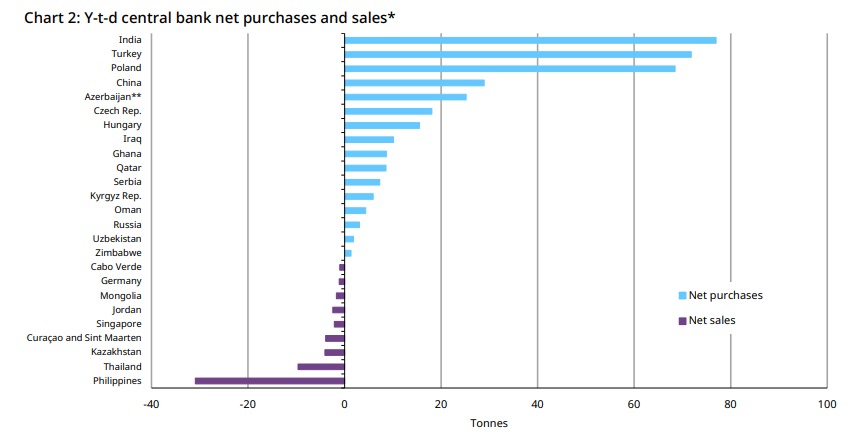
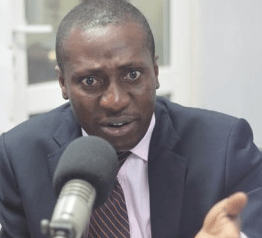
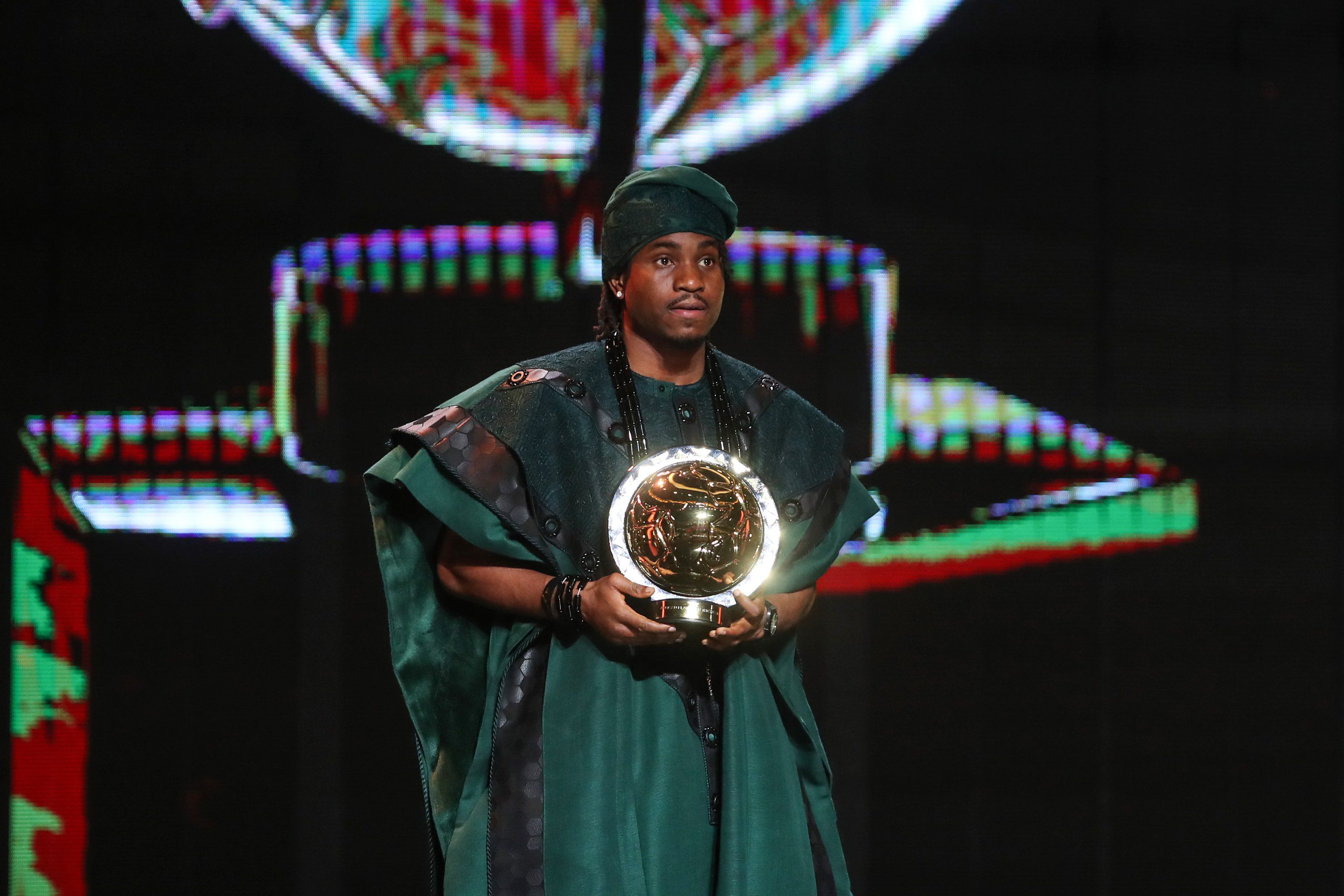

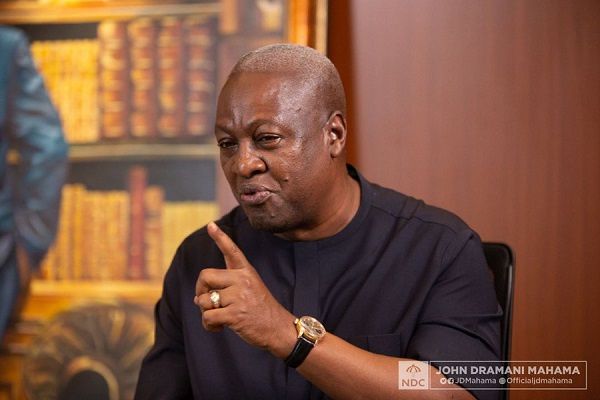
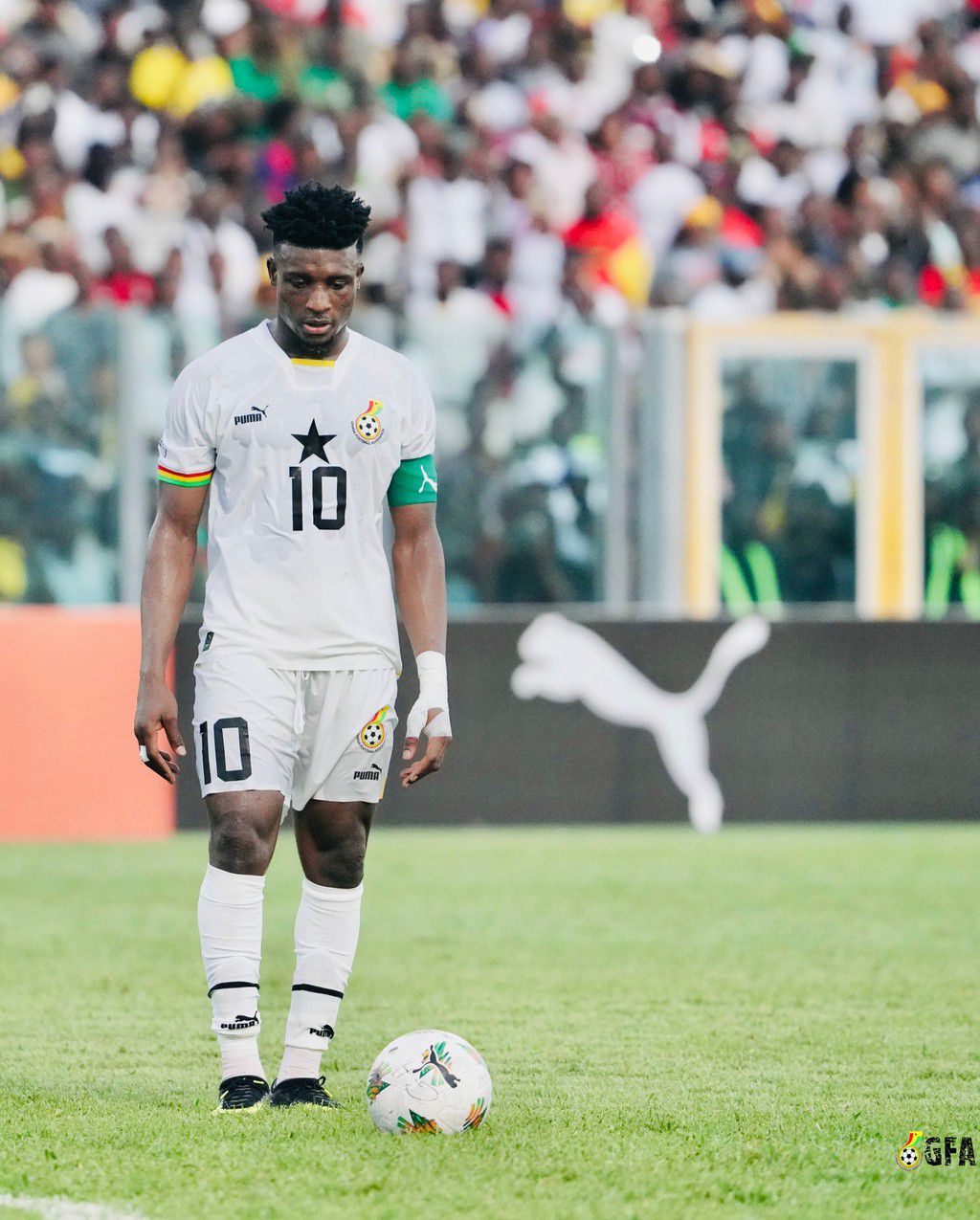

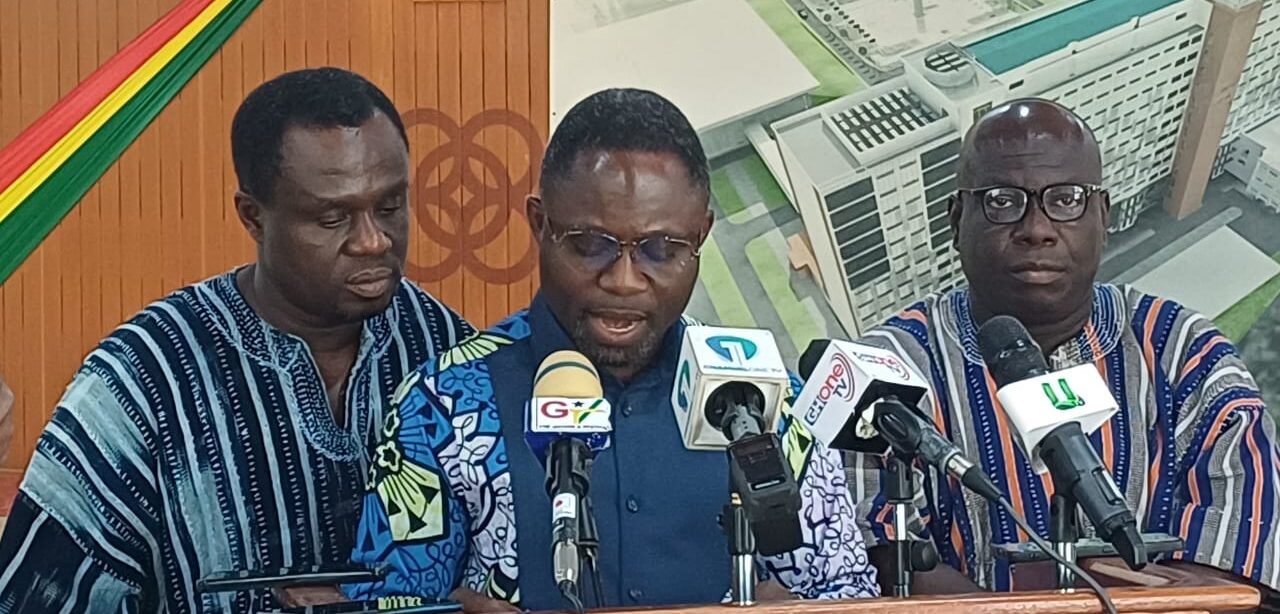


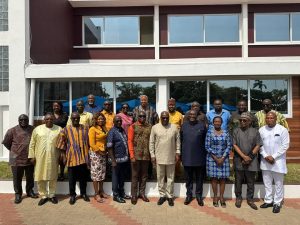
Facebook
Twitter
Pinterest
Instagram
Google+
YouTube
LinkedIn
RSS